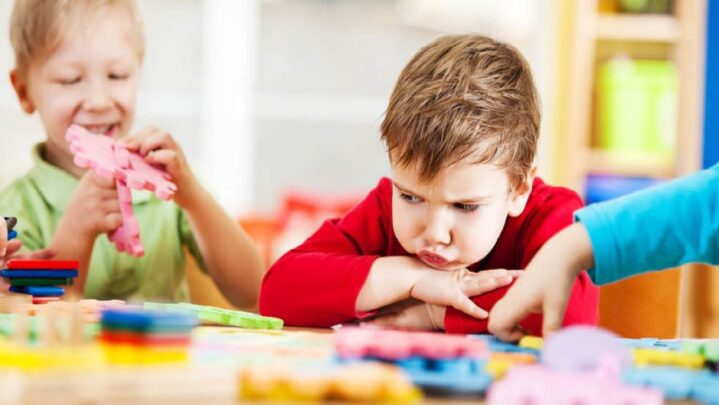Adults and children gain knowledge and skills through social-emotional learning which helps them to manage their emotions, behaviors and set achievable goals. Social emotional learning assists students to practice positive behavior choices.
Here are 6 social learning strategies every teacher or a parent must adopt.
1. Share and receive feedback
Children should always be exposed to group learning where they can share and engage in discussions with their classmates. Make use of the tactics where the students apologize for their mistakes, applause other classmates, and create awareness about new topics.
2. Respect the emotions
It is the responsibility of a teacher to identify and name the emotions of their students for their success. They should respond to the feelings of students by creating a space for them to explore, it can either be through an individual reflection or interaction between the peers.
3. Practice mindfulness
Every student must be asked to start their day with a quiet time where they can focus on their day ahead. Mindful practice centers the focus of children on themselves and it works in relieving their stress and agitation.
4. Offer reflection zone
Children should be provided with quiet space to reflect on themselves. They can either write or draw where they can process and reflect their emotions and behaviors.
5. Examine the effectiveness
A survey would help to evaluate how the social-emotional learning skills are imbibing and shaping each student. Teachers can gather classroom information about the engagement and behaviors of students to measure how they are developing.
6. Celebrate success
The data that is evaluated provides the results for any needed changes or identifies the areas of positive results. Celebrating the students’ improvement or win by the use of their skills creates a positive learning environment.
Keep reading SuccessYeti.com
Also Read: 5 Jobs Best For English Majors





